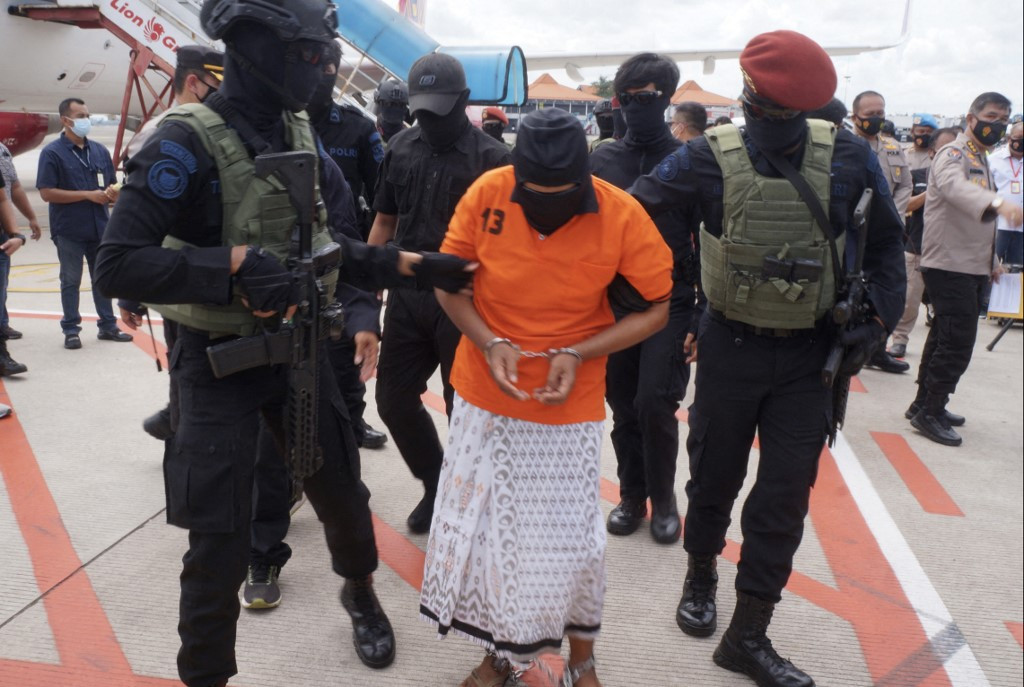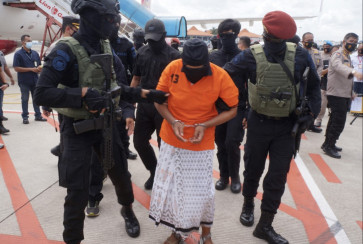Popular Reads
Top Results
Can't find what you're looking for?
View all search resultsPopular Reads
Top Results
Can't find what you're looking for?
View all search resultsJemaah Islamiyah’s disbandment appears irreversible and real
Thousands of former JI members have pledged allegiance to the Republic of Indonesia, and its “unity in diversity.” Now, the question is, can the state deliver?
Change text size
Gift Premium Articles
to Anyone
A
t an event orchestrated by the National Counterterrorism Agency (BNPT) in late June, Abu Rusydan and 15 other senior Jemaah Islamiyah (JI) members read out a statement announcing that their militant group was disbanding.
Many people, including victims of JI’s past terrorist acts, foremost among them the 2002 Bali bombings, reacted with suspicion.
Abu Rusydan, Para Wijayanto and JI military chief Khoirul Anam are all currently imprisoned, leading some to speculate about whether this decision was coerced or done in the hopes of having their sentences reduced.
Yet, evidence gathered in the months that followed suggests this decision was both real and irreversible. There are six reasons for this.
First, although institutionally resilient, JI had been militarily dormant since 2011 and weakened by arrests, including the December 2020 takedown of Zulkarnaen (also known as Aris Sumarsono), the group’s head of military operations. His arrest decimated what was left of JI’s training apparatus.
The government legally banned JI in 2008 but gave the group space to involve itself in education, charitable work, businesses and other activities, as long as it refrained from violence.
Following Para Wijayanto’s 2019 arrest, attitudes toward the group hardened among Indonesian security forces. They saw a well-resourced JI poised to resume violence after a tactical lull.



















